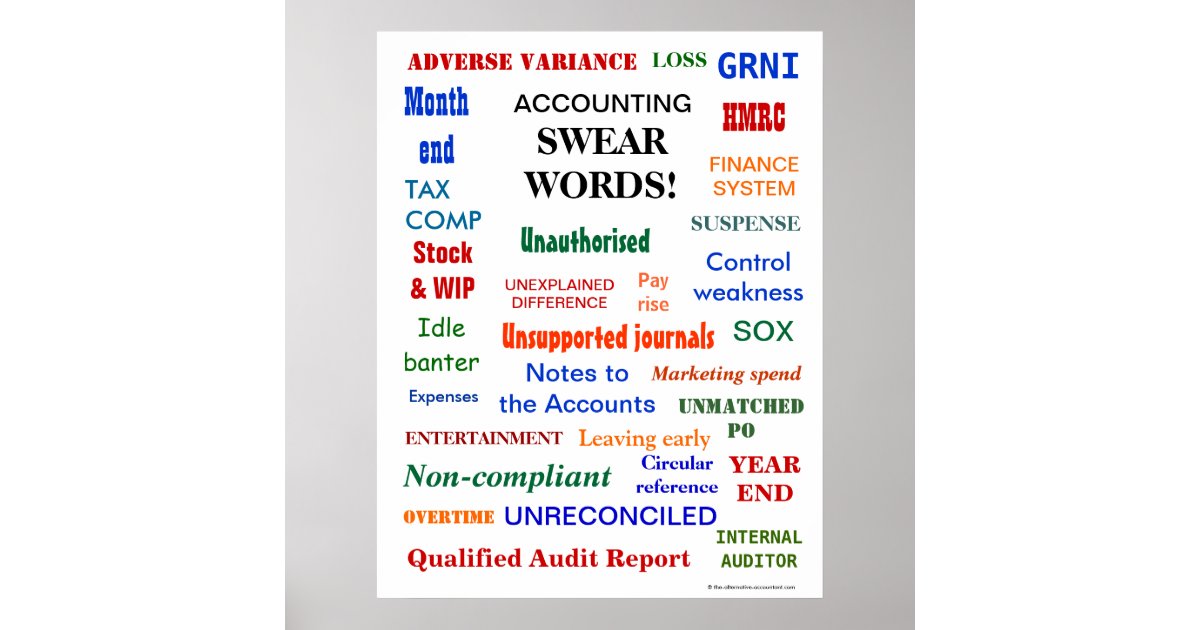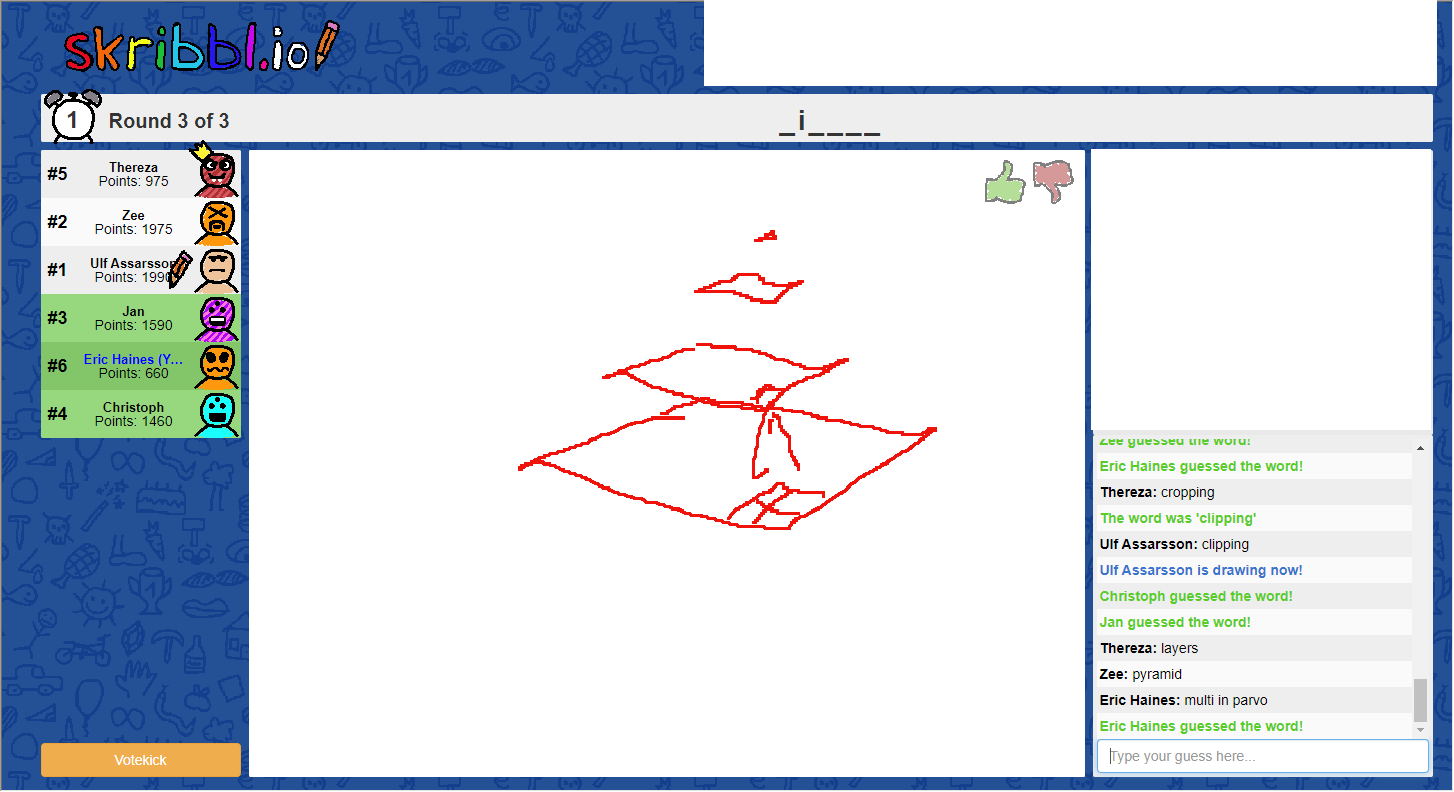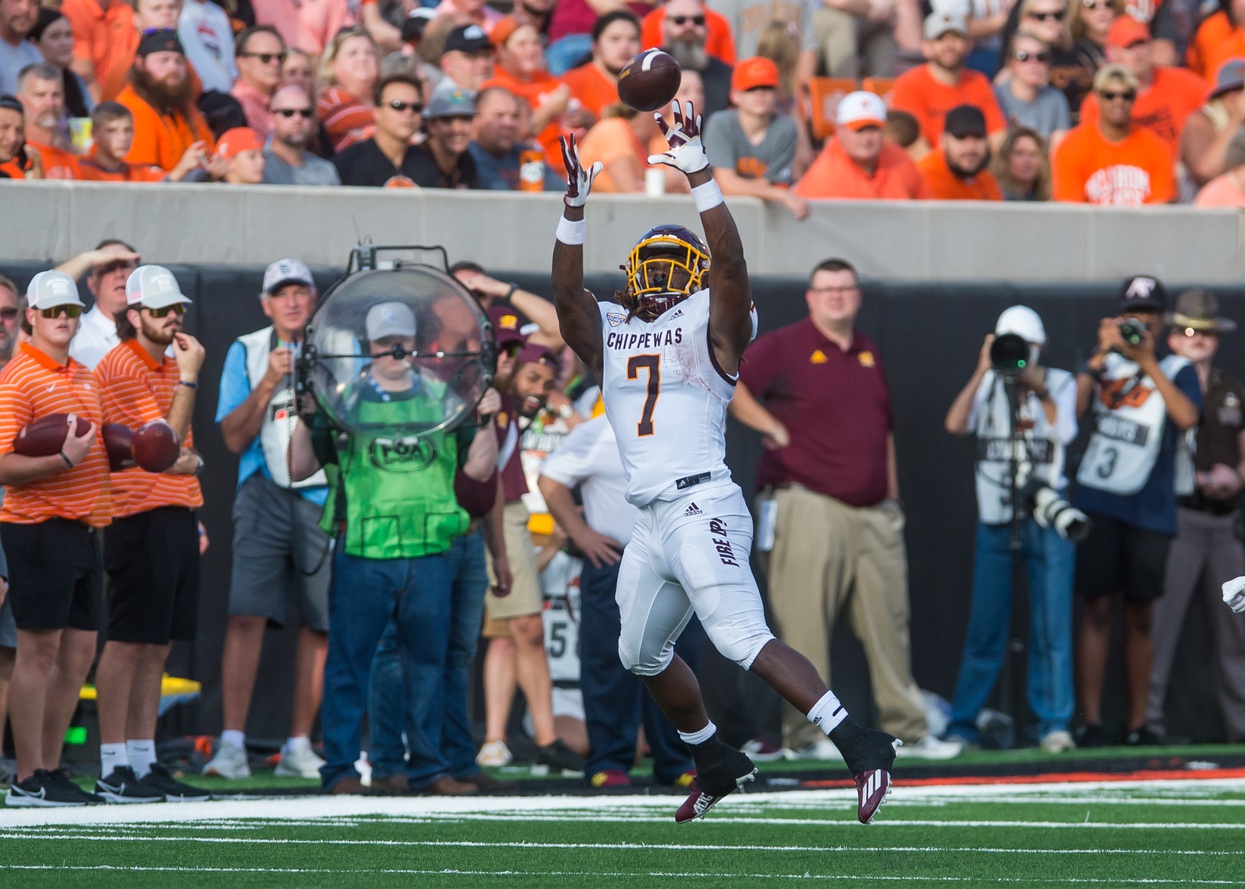Skribbl io custom word list dirty – Skribbl.io custom word list dirty: The online drawing game Skribbl.io allows users to upload custom word lists, leading to a controversial trend: the creation and use of lists containing offensive or inappropriate language. This practice raises questions about community standards, game moderation, and the overall player experience. The impact of these “dirty” word lists ranges from minor disruptions to significant negative consequences for players, sparking heated debates within the Skribbl.io community.
This article delves into the phenomenon of “dirty” word lists in Skribbl.io, exploring their creation, usage, community reception, and the ethical implications involved. We will analyze the effects on gameplay, examine player feedback, and discuss the responsibilities of both players and the game developers in maintaining a positive and inclusive gaming environment. We’ll also offer suggestions for improving the game’s interface and fostering a more responsible approach to custom word lists.
Content of “Dirty” Word Lists in Skribbl.io
The use of custom word lists in Skribbl.io, a popular online drawing and guessing game, has introduced a new dimension to the game’s social dynamics. While intended for creative and personalized gameplay, the creation and implementation of “dirty” word lists raise concerns about the appropriateness of content and its potential impact on the overall player experience. This analysis explores the nature of these lists, the types of words they contain, and their potential consequences.The content of user-created “dirty” word lists in Skribbl.io varies widely, but certain themes and word types consistently emerge.
These lists often contain words and phrases considered vulgar, offensive, or sexually suggestive, reflecting a range of profanity levels. The intent behind these lists can vary from attempting to shock or amuse to deliberately disrupting the game for other players.
Categorization of Offensive Words in “Dirty” Word Lists, Skribbl io custom word list dirty
Words included in these lists can be broadly categorized by their level of offensiveness. A first category includes mild insults or suggestive terms that might be considered inappropriate in formal settings but are relatively common in everyday conversation among certain demographics. Examples might include words like “butt,” “stupid,” or mildly suggestive slang. A second category comprises stronger insults and more explicit sexual terms.
These words are clearly offensive and are often considered inappropriate for public spaces. Examples could include racial slurs, homophobic epithets, or graphic descriptions of sexual acts. A third category encompasses words that are highly offensive and potentially illegal, such as hate speech or threats of violence. These words are never acceptable and can lead to serious consequences outside the game.
Impact of “Dirty” Word Lists on the Gaming Experience
The use of “dirty” word lists significantly impacts the Skribbl.io gaming experience. For some players, these lists might be seen as humorous or edgy, adding a layer of irreverent fun. However, for many others, such lists create an uncomfortable and hostile environment. This can lead to players leaving the game, reporting inappropriate behavior, or engaging in arguments with other participants.
The overall effect is a disruption of the intended collaborative and creative nature of the game, replacing it with a potentially toxic atmosphere.
Hypothetical “Dirty” Word List and its Potential Effects
Consider a hypothetical “dirty” word list containing a mix of mildly offensive terms like “jerk,” “idiot,” and “dork,” alongside more explicit terms like “slut,” “whore,” and crude sexual references. The inclusion of milder terms might initially seem acceptable to some players, but the presence of highly offensive terms would likely alienate many, creating a divisive environment. This would likely lead to decreased player enjoyment and potentially increase the likelihood of reported violations, leading to actions by Skribbl.io administrators.
The overall effect would be a negative one, undermining the game’s intended social interaction.
Impact on Gameplay and Player Experience: Skribbl Io Custom Word List Dirty

The introduction of custom word lists, particularly those containing inappropriate or “dirty” words, significantly alters the Skribbl.io gameplay experience. This change impacts both the drawing and guessing phases, introducing elements of discomfort and potentially disrupting the overall enjoyment for some players. The shift from a generally clean and family-friendly environment to one incorporating potentially offensive language necessitates a closer examination of its effects.The inclusion of inappropriate words directly affects the creative process of drawing.
Artists might feel constrained or hesitant to depict certain concepts if they are worried about accidentally drawing something offensive. Similarly, guessers may find themselves grappling with interpreting drawings in a context they find uncomfortable or distasteful. The playful nature of the game can be undermined when players are forced to confront potentially offensive material.
Gameplay Differences Between Clean and Dirty Word Lists
A clean word list promotes a lighthearted and inclusive atmosphere. Players can freely express their creativity without fear of inadvertently generating inappropriate content. The focus remains on the fun of drawing and guessing, encouraging participation from a wider range of players, including those who might be sensitive to offensive language. In contrast, a dirty word list introduces an element of risk and unpredictability.
The game’s focus shifts, potentially away from the core mechanics of drawing and guessing, towards navigating potentially offensive content. This can lead to a more divisive and less inclusive environment.
Negative Consequences for Players
Using a custom word list with inappropriate content can lead to several negative consequences for players. Some players may feel uncomfortable or even offended by the presence of such language. This can lead to decreased enjoyment, a desire to leave the game, or even reports to game moderators. The potential for harassment or bullying also increases when offensive words are introduced into the game’s lexicon.
A player might feel targeted or excluded due to the nature of the words chosen. For example, a game with a word list heavily focused on sexually suggestive terms would likely create an uncomfortable environment for many players. The game’s rating and its suitability for a wide range of ages would be heavily compromised.
Comparative Analysis of Custom Word Lists
| Aspect | Clean Word List | Dirty Word List | Overall Impact |
|---|---|---|---|
| Inclusivity | High; Suitable for all ages and sensitivities. | Low; Potentially offensive and excludes sensitive players. | Significant negative impact with dirty lists. |
| Gameplay Focus | Drawing and guessing skills. | Navigating potentially offensive content; may distract from core gameplay. | Negative impact on core gameplay with dirty lists. |
| Player Experience | Generally positive and enjoyable. | Potentially negative; can lead to discomfort, offense, and reports. | Significant negative impact with dirty lists. |
| Community Atmosphere | Positive and welcoming. | Potentially toxic and divisive. | Negative impact on community atmosphere with dirty lists. |
The use of “dirty” custom word lists in Skribbl.io highlights a complex interplay between player agency, community standards, and game moderation. While the ability to personalize gameplay is a valuable feature, it necessitates a responsible approach from players and robust moderation from developers. Ultimately, fostering a positive and inclusive gaming experience requires a collaborative effort, balancing individual freedom with the collective well-being of the Skribbl.io community.
The ongoing conversation surrounding this issue underscores the importance of clear guidelines and effective communication in online gaming environments.
Obtain access to allentown craigslist pa to private resources that are additional.


